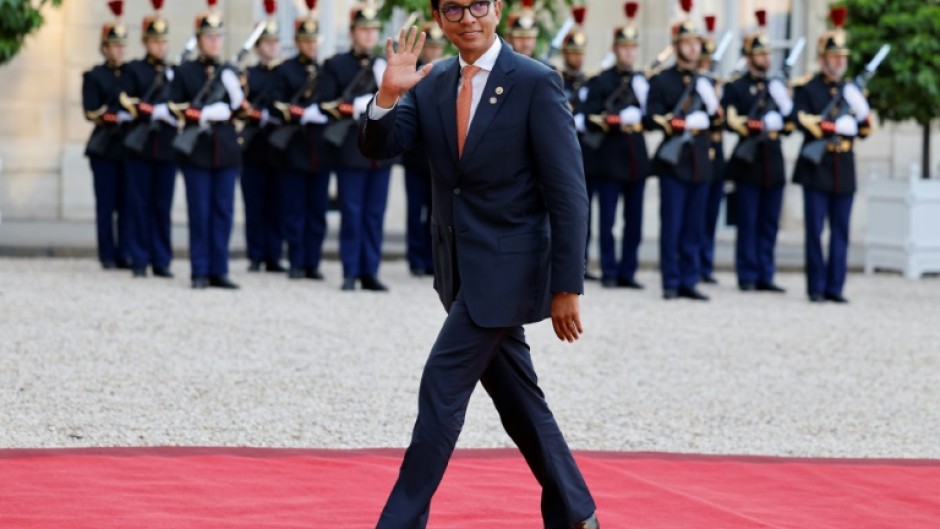NEW YORK - The European Union, the United States and other members of the international community said on Tuesday they were following with the "greatest vigilance" the run-up to presidential elections in Madagascar, after disputes over its regularity.
Representatives of eight countries and international organisations including the EU, US, France and Japan, said "confidence" in the electoral process would be key for the results of the November vote to be accepted "by all" and to guarantee the "stability" of the country.
"The present signatories, international partners of Madagascar, are following with the greatest vigilance the latest developments relating to the preparation of the presidential election," the group wrote in a statement.
It comes after the opposition complained of an "institutional coup" to favour incumbent Andry Rajoelina.
Voters in Madagascar, one of the poorest countries in the world despite vast natural resources, head to the polls to elect a president on November 9.
Rajoelina, 49, resigned earlier this month in line with the constitution in order to run for re-election.
The president of the Senate was supposed to take over but declined to do so for "personal reasons", leaving the task to a "collegial government" headed by Prime Minister Christian Ntsay, an ally of Rajoelina.
The move was accepted by the country's top court, sparking the anger of the opposition.
- 'Behind closed doors' -
The court has also dismissed appeals to have Rajoelina's candidacy declared void over his dual French nationality.
"The powers (that be)... carried out a real institutional coup with the aim of putting the prime minister in charge of the state during the presidential electoral period in order to manipulate the results for the benefit of their candidate," 10 of 13 presidential candidates wrote in a letter to electoral authorities last week.
In a separate letter on Monday, about 40 civil society groups called on the court to reverse its decision and appoint the president of the Senate as interim head of state.
The head of the Constitutional Court has previously dismissed accusations of bias, telling AFP that the body could not "force" the head of the Senate to take power.
A Western diplomatic source told AFP that Tuesday's statement was made because of "decisions taken one hour before the end of Rajoelina's mandate".
"We could not remain silent. We know what happened behind closed doors."
The embassies of Britain, Germany and Switzerland were also among the signatories.
Rajoelina first took power in 2009 on the back of a coup.
After not running in the 2013 election due to international pressure, he was voted back into power in 2018.
str/ub/kjm

